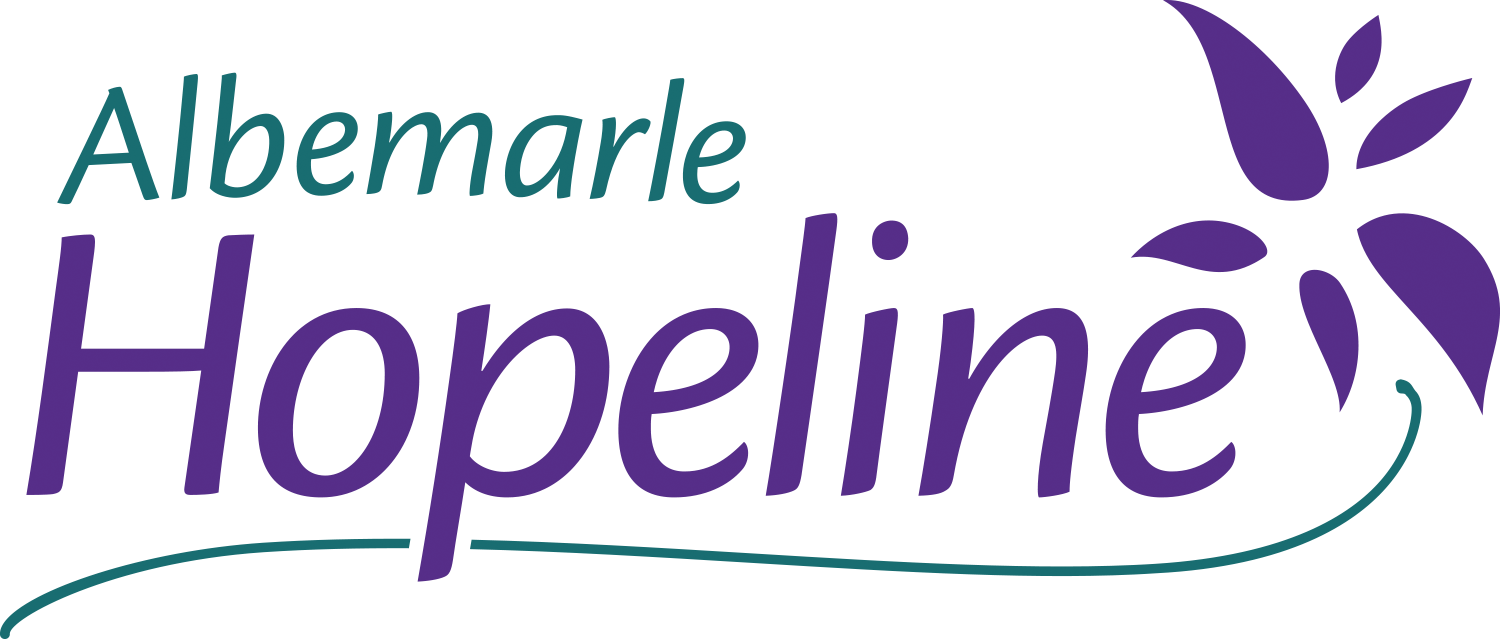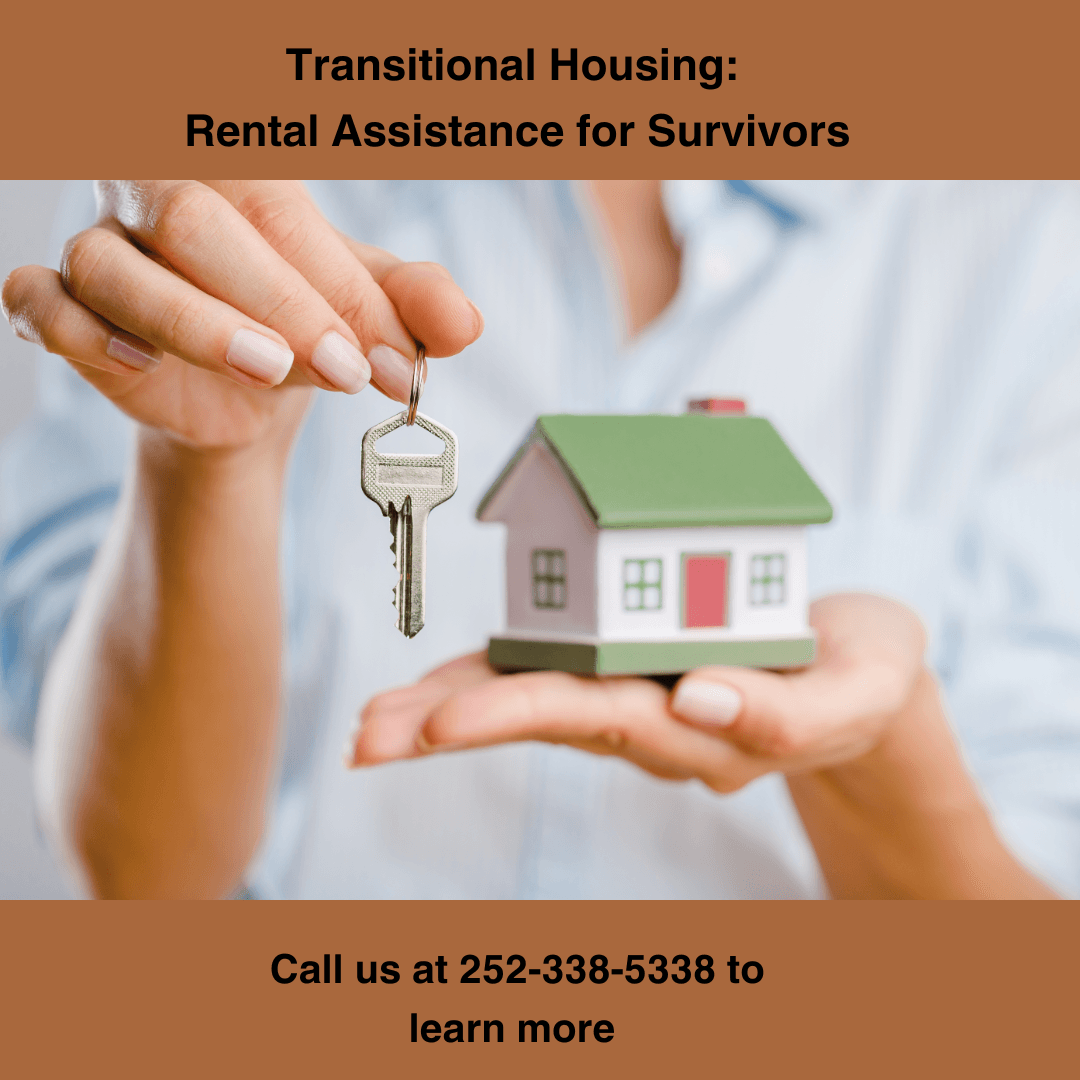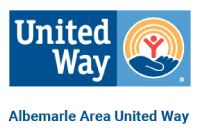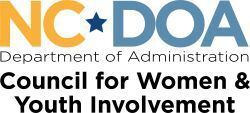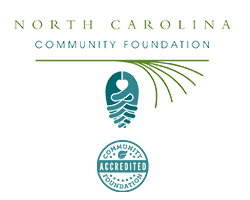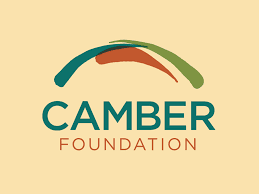Safe at Home Housing Program
Albemarle Hopeline's Safe at Home Housing program is available to survivors who are experiencing homelessness or are in need of housing as a result of domestic violence, sexual assault, and/or stalking, for whom emergency shelter is unavailable for insufficient, and who lack other resources to secure housing.
This program provides rental assistance to qualifying clients. The amount and length of the financial assistance depends upon the needs of the household. Hopeline will work to assist clients in identifying appropriate housing, and securing a lease. Hopeline pays the financial assistance directly to the landlord for the set period of time.
The goal of the program is for survivors to maintain safe housing free from abuse, and to be able to financially support themselves in housing after Hopeline's assistance has ended. To assist in this goal, Hopeline offers case management services to help clients reach personalized goals such as securing employment, reducing debt, or improving their credit score.
Frequently Asked Questions:
Q: What does "as a result of domestic violence, sexual assault, or stalking" mean?
A: This means that the need for housing is directly tied to domestic violence, sexual assault, and/or stalking. This program cannot assist individuals whose homelessness or housing insecurity is not the direct result of one of these forms of violence. While the incidents don't necessarily need to be recent, the need for assistance must be directly connected.
Q: Where is the housing located?
A: Through this program, clients will identify rental units within our six-county service area. Hopeline does not own or lease specific units or properties for this program, so that clients have the choice of where to live. This program does not provide financial assistance for survivors to remain in their current homes, but our staff can refer you to other resources for this type of assistance if needed.
Q: Who can live with me in transitional housing?
A: This program is for survivors and their dependents, and can only support the portion of household expenses for survivors and dependents. This does not include current romantic partners.
Q: How do I find out more or submit an application?
A: Call our office during business hours at 252-338-5338 and ask to speak to the Housing case manager, who can discuss your circumstances and schedule an appointment for you at one of our three office locations in Elizabeth City, Edenton, or Currituck.
